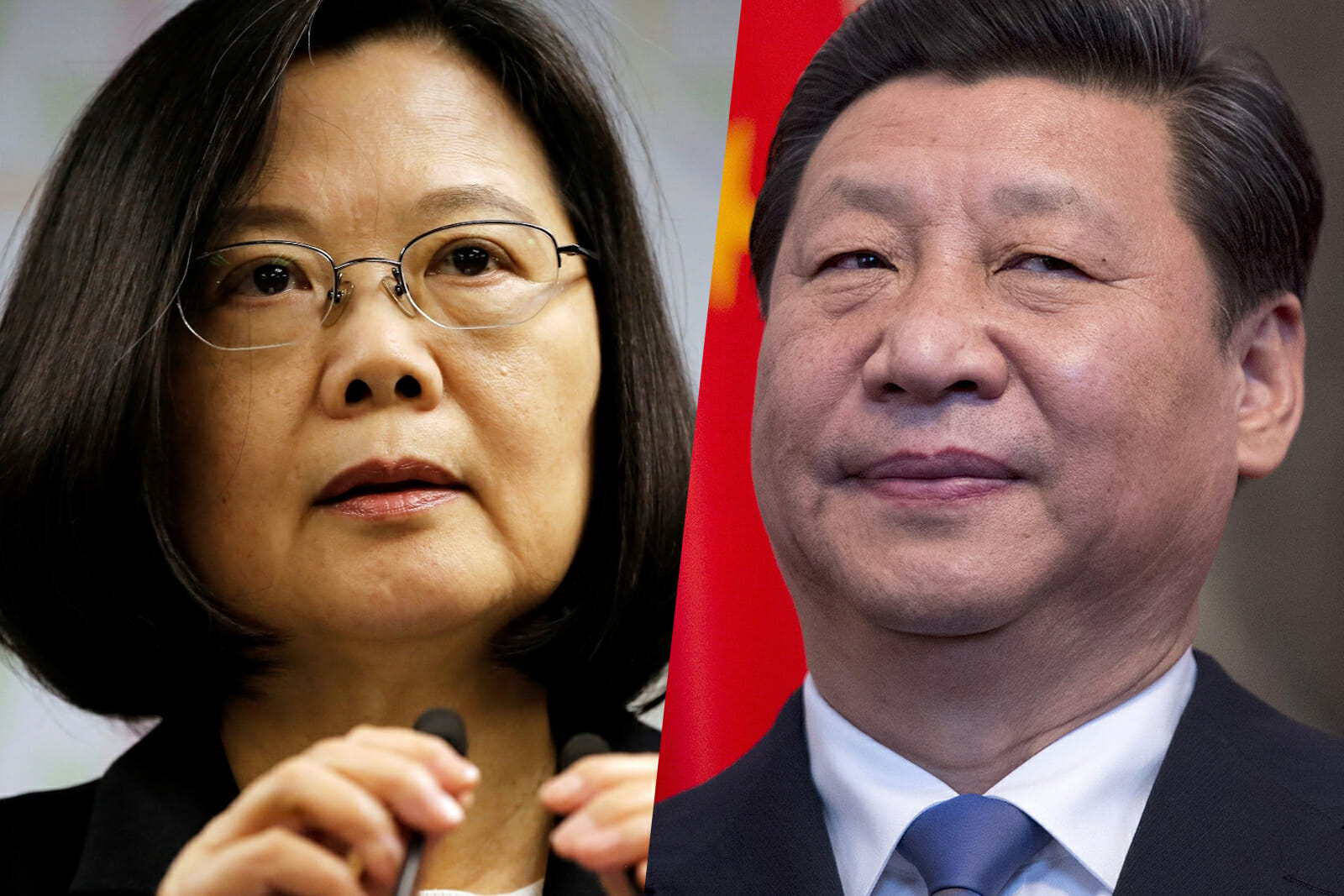
Time for Renewed American Intervention in the China-Taiwan Conflict
The assassination of Austrian Archduke Ferdinand set off a chain of events leading to the First World War. Strained relations between the United States and China raise similar worries about actions and unintended consequences. Taiwan is a flashpoint for the next international crisis.
The Trump administration’s ambivalent position on Taiwan, Xi Jinping’s growing ambition to “reunify” Taiwan, and Taiwanese President Tsai Ing-wen’s dangerous move toward Taiwanese independence are all steps in the wrong direction. The United States should intervene and restore the status quo in cross-strait relations before it’s too late.
President Trump’s broke conventional protocol by directly speaking to Taiwanese President Tsai Ing-wen, but later questioned what the United States is gaining in return for protecting Taiwan. Xi Jinping is pursuing a more aggressive stance in cross-strait relations, aiming to assert greater control over Taiwan and undermine its democratic institutions. To counter this, Tsai and her party are taking a great gamble by stepping towards independence for Taiwan. It’s high time for Washington to intervene to stop the slide toward confrontation. For several reasons, doing so is in the interest of the United States.
First. U.S. policy towards Taiwan is a litmus test of U.S. security commitments toward regional allies. Despite the lack of formal diplomatic relations between the United States and Taiwan since 1979, there has always been a strong informal security guarantee to Taiwan under the condition that Taiwan abides by the status quo of a “One China policy.” Japan and South Korea enjoy close ties with the United States. Yet, if the U.S. fails in its security commitment towards Taiwan during a future cross-strait crisis, Japan, South Korea, and other U.S. allies in the region will strongly doubt future relations with the United States.
Second. A strong U.S.-Taiwan tie is crucial to keep China’s revisionist moves under control. China’s aggressive behavior in the South China Sea threatens not only Taiwan but many of its neighbors. China views Taiwan as a strategically important asset to strengthen its naval dominance in the region. It aims to establish regional hegemony. It aims to undermine and challenge the liberal order created and maintained by the United States. The sooner that Washington realizes China’s threat to Taiwan is a regional time-bomb, the sooner it can find ways to mitigate the crisis.
Third. An American failure to prevent a forceful Chinese takeover of Taiwan will lead to nuclear proliferation. Doubts about the American security guarantee will lead governments in Japan and South Korea to develop nuclear weapons for their protection. Technological proficiency in Japan and Korea means they will be able to do so rapidly.
Extreme measures taken by both China and Taiwan, coupled with American indifference, are a matter of great concern for all parties. To make matters worse, some influential Republicans wrote to the Speaker Nancy Pelosi to invite Tsai Ing-wen to address a Joint Session of Congress, an unprecedented move that would further infuriate China.
It is crucial that the Washington come to a consensus and tackle this matter with great prudence and urgency. The ambiguities in the status of Taiwan and its relations with China can never be worked out in a way that satisfies both the parties. Therefore, the United States should step in to mediate, a role and responsibility it assumed for many decades. The ball is in America’s court, to restore the status quo in cross-strait relations and keep the peace.
